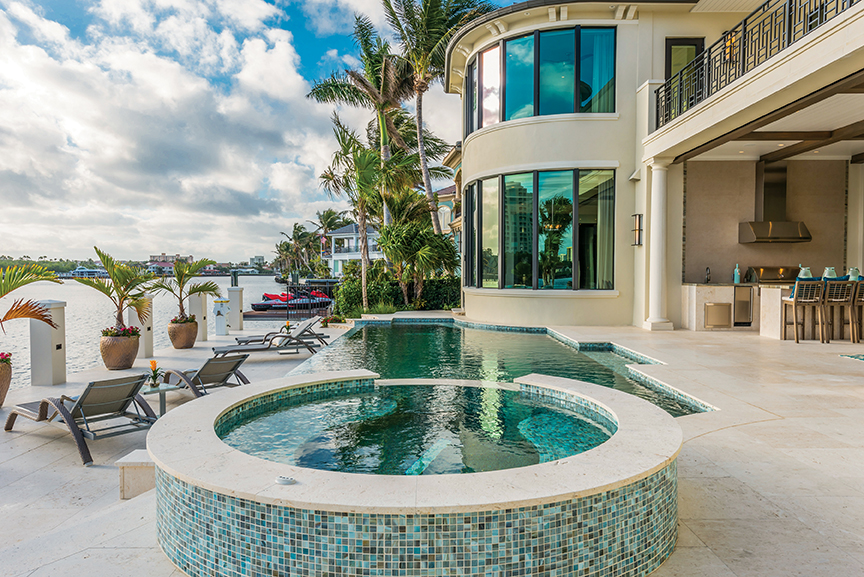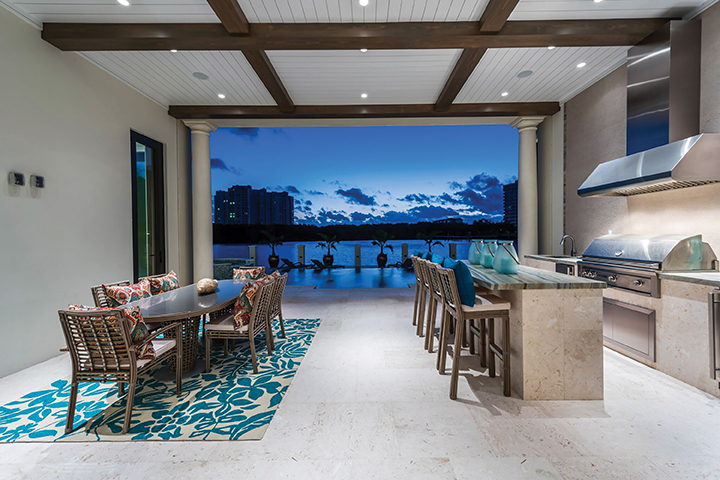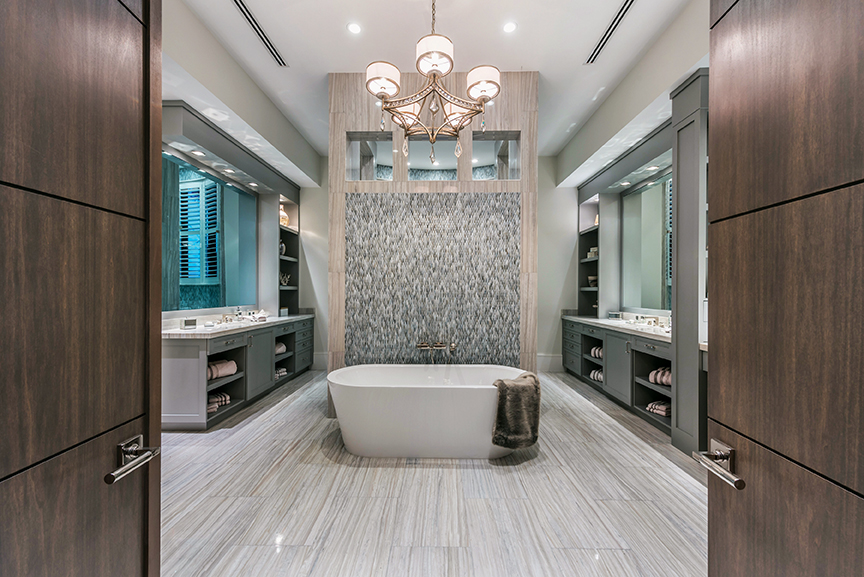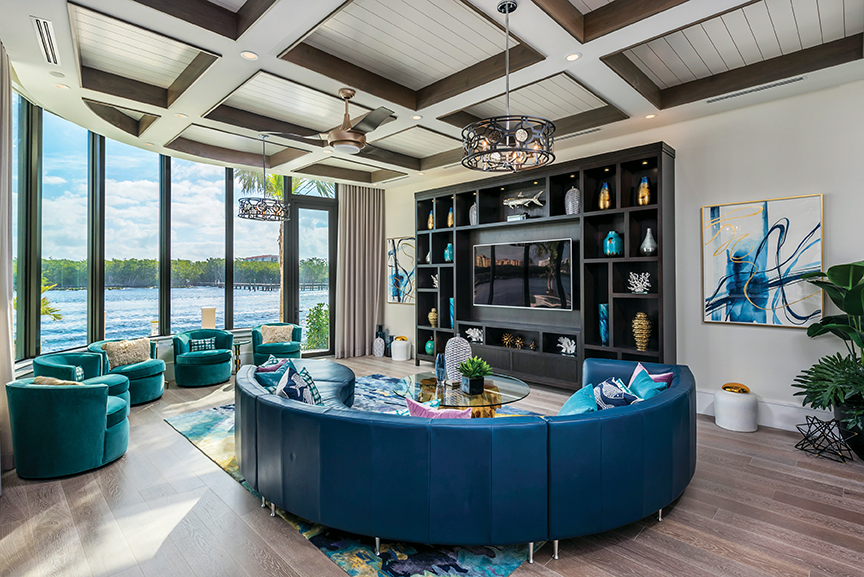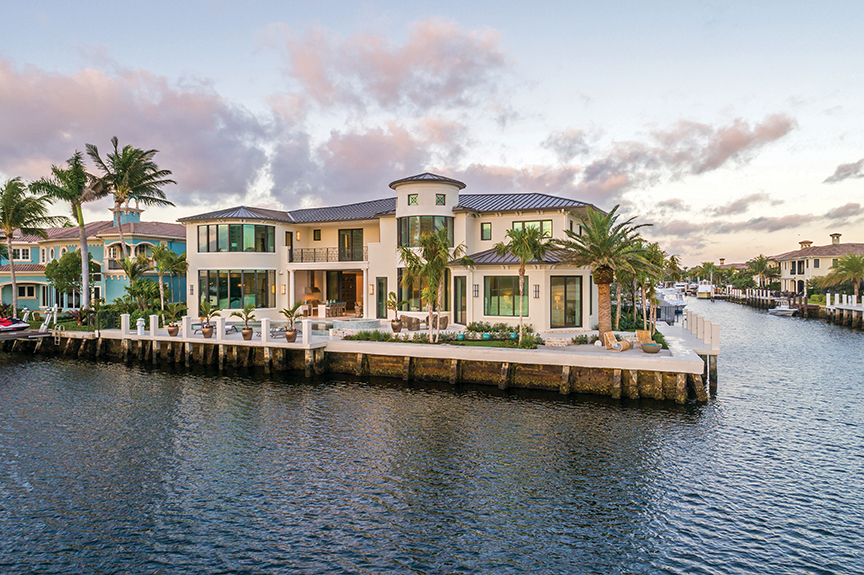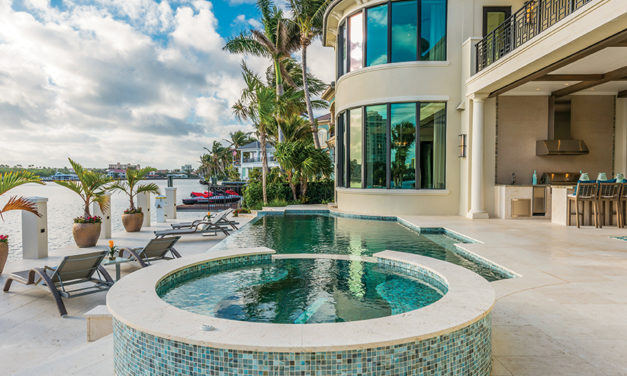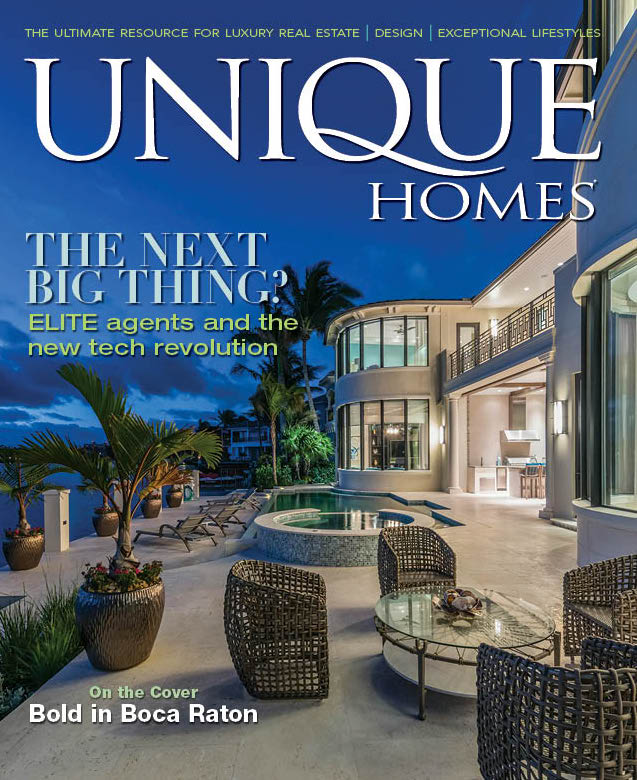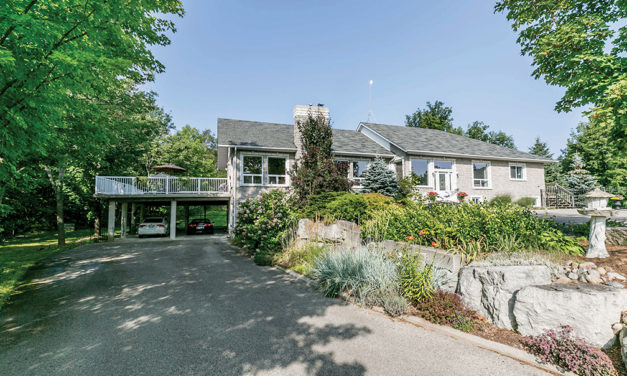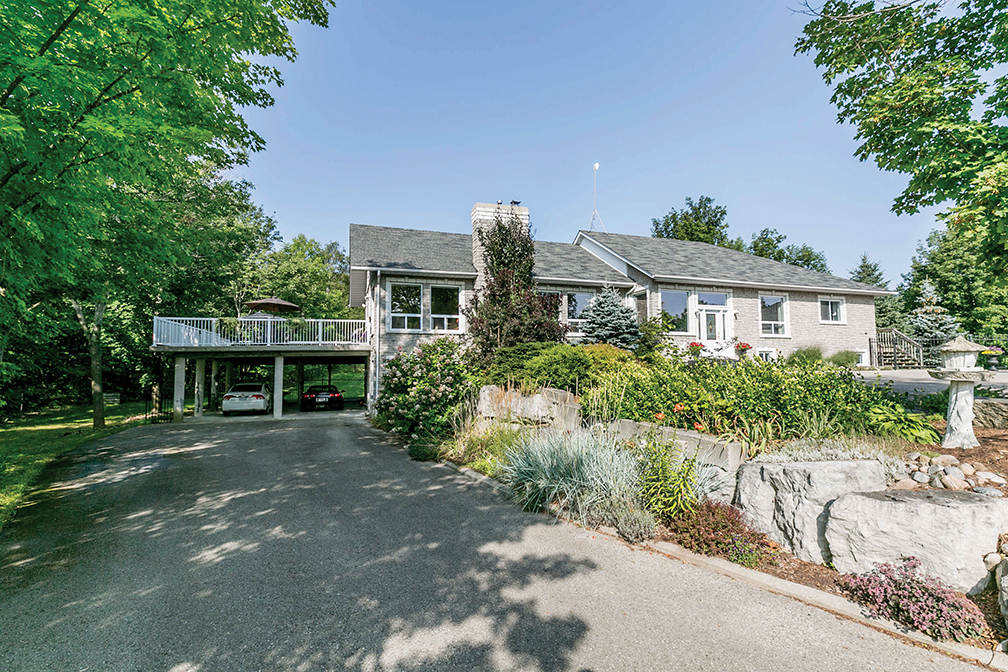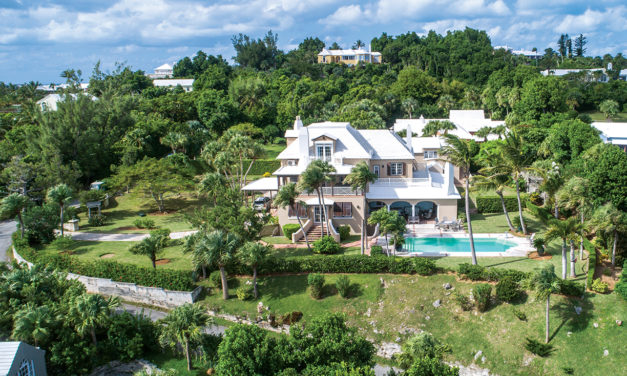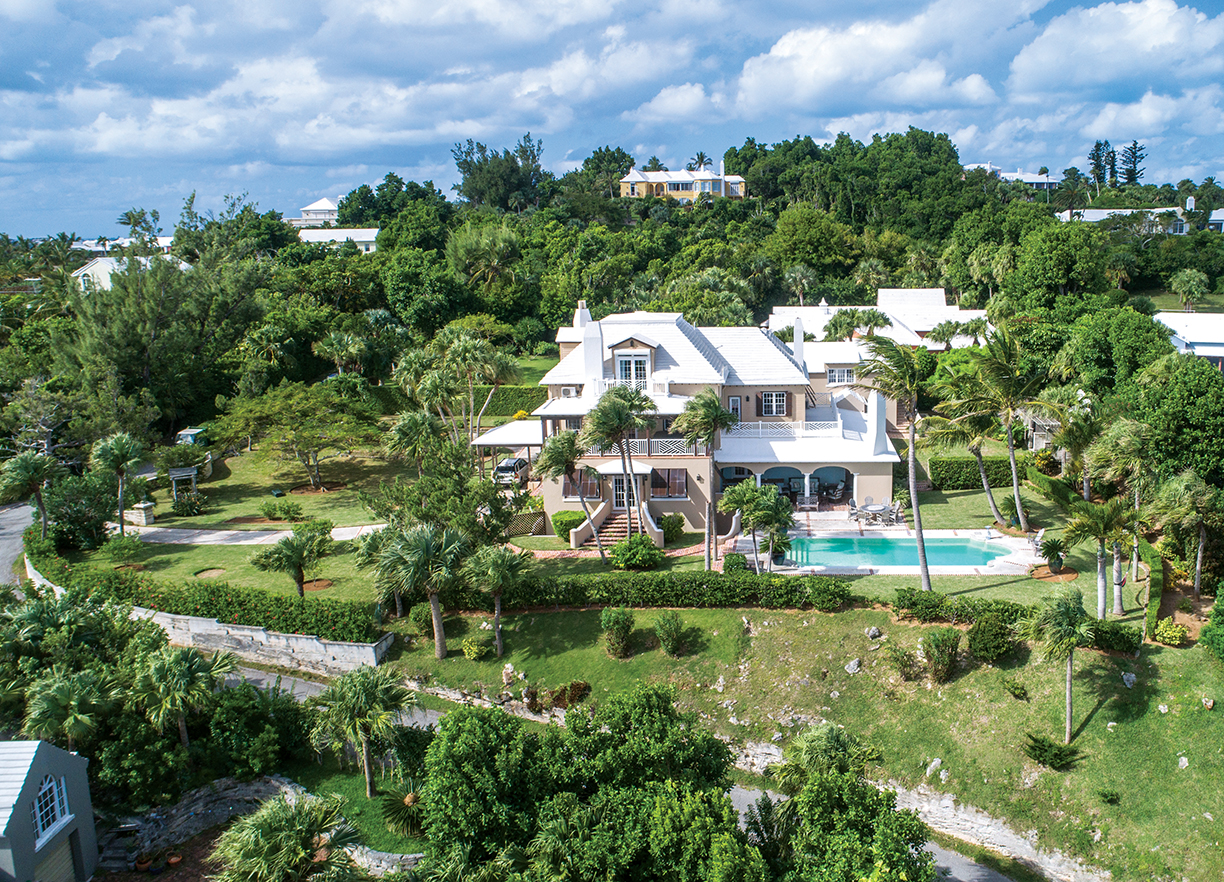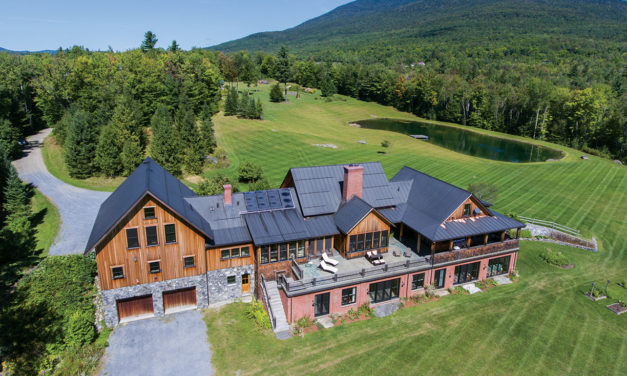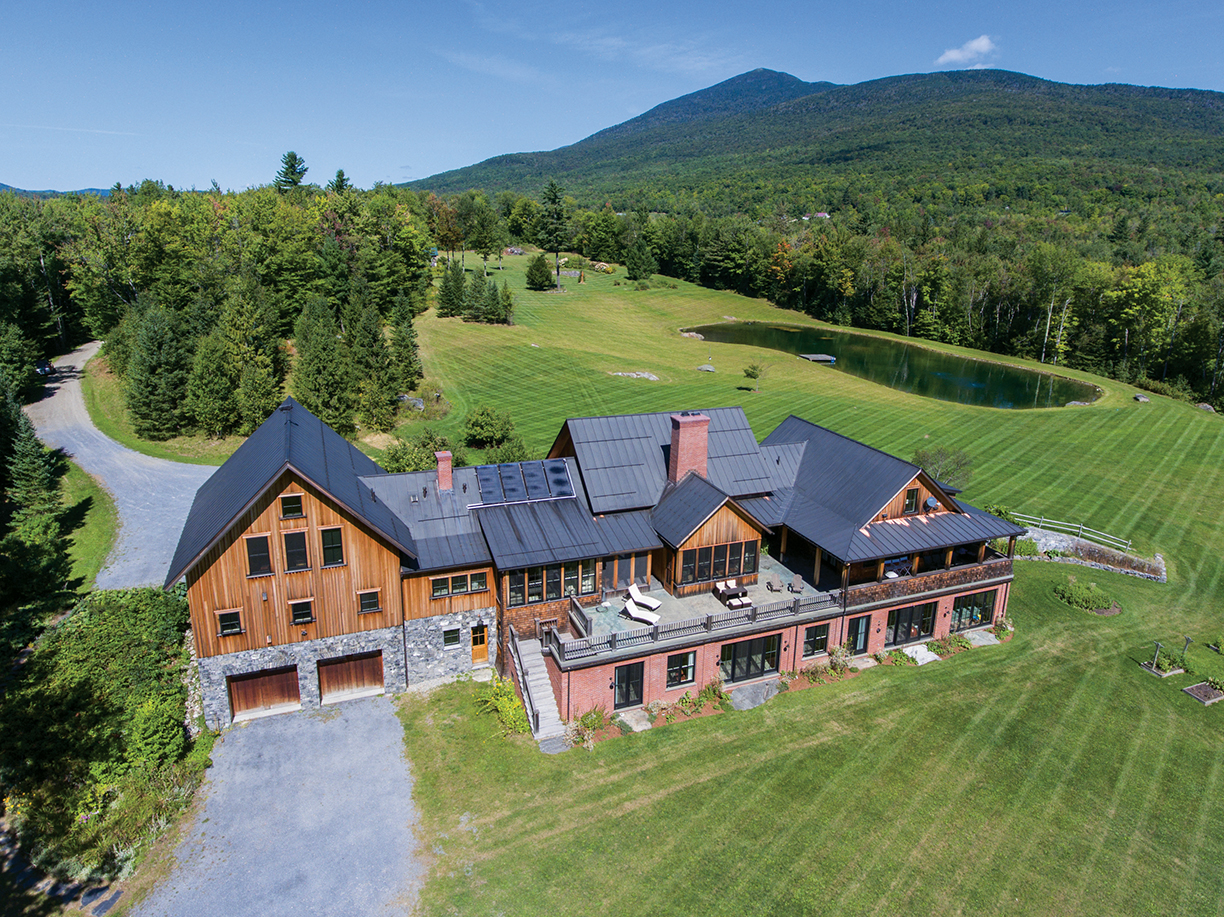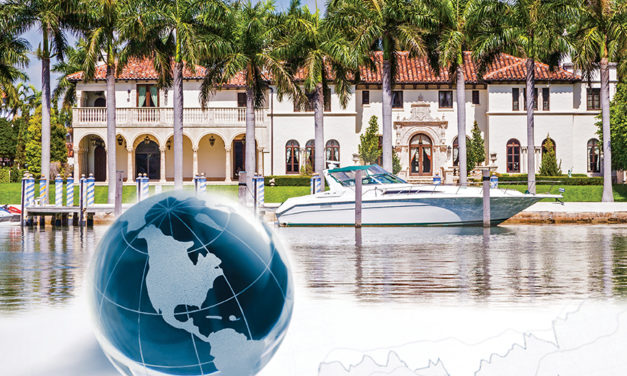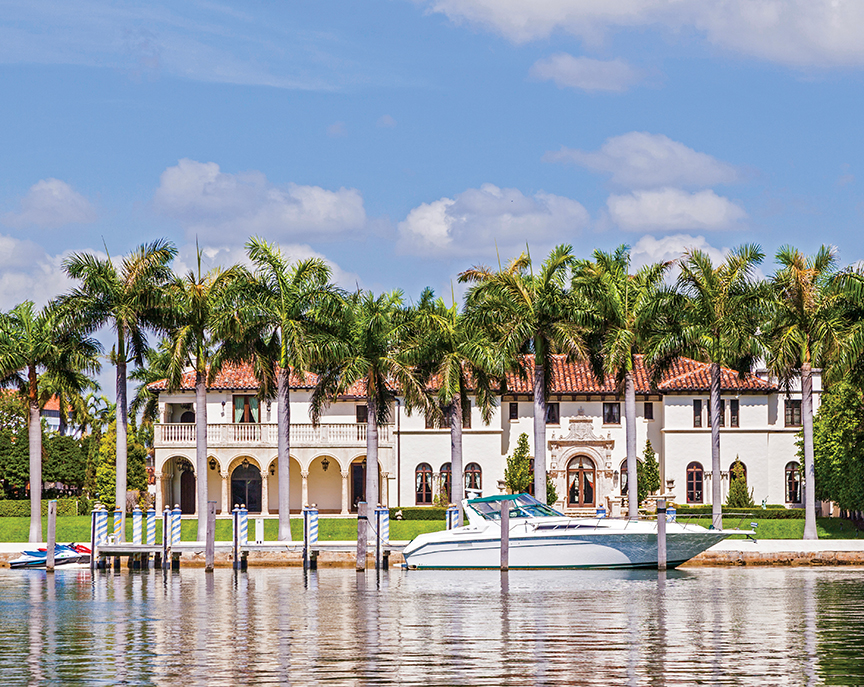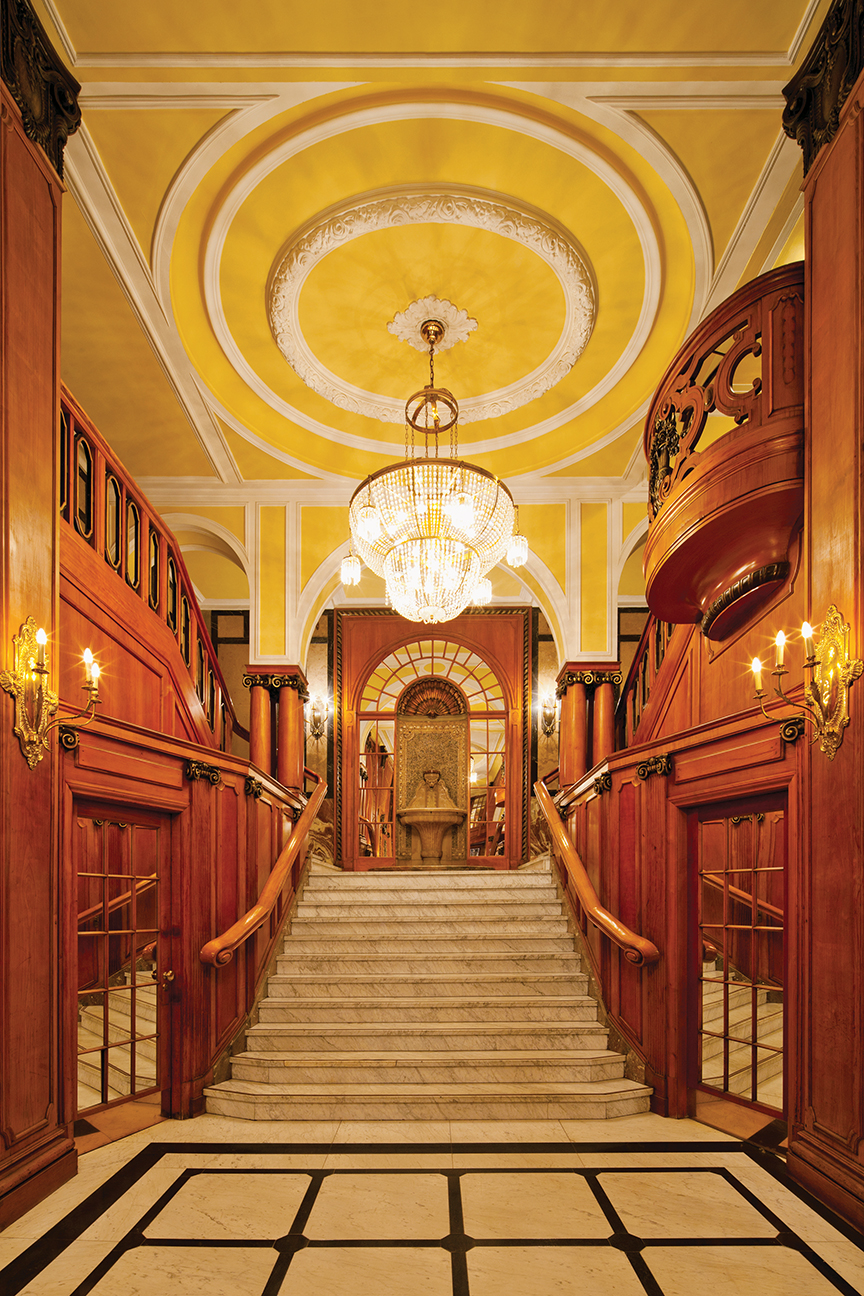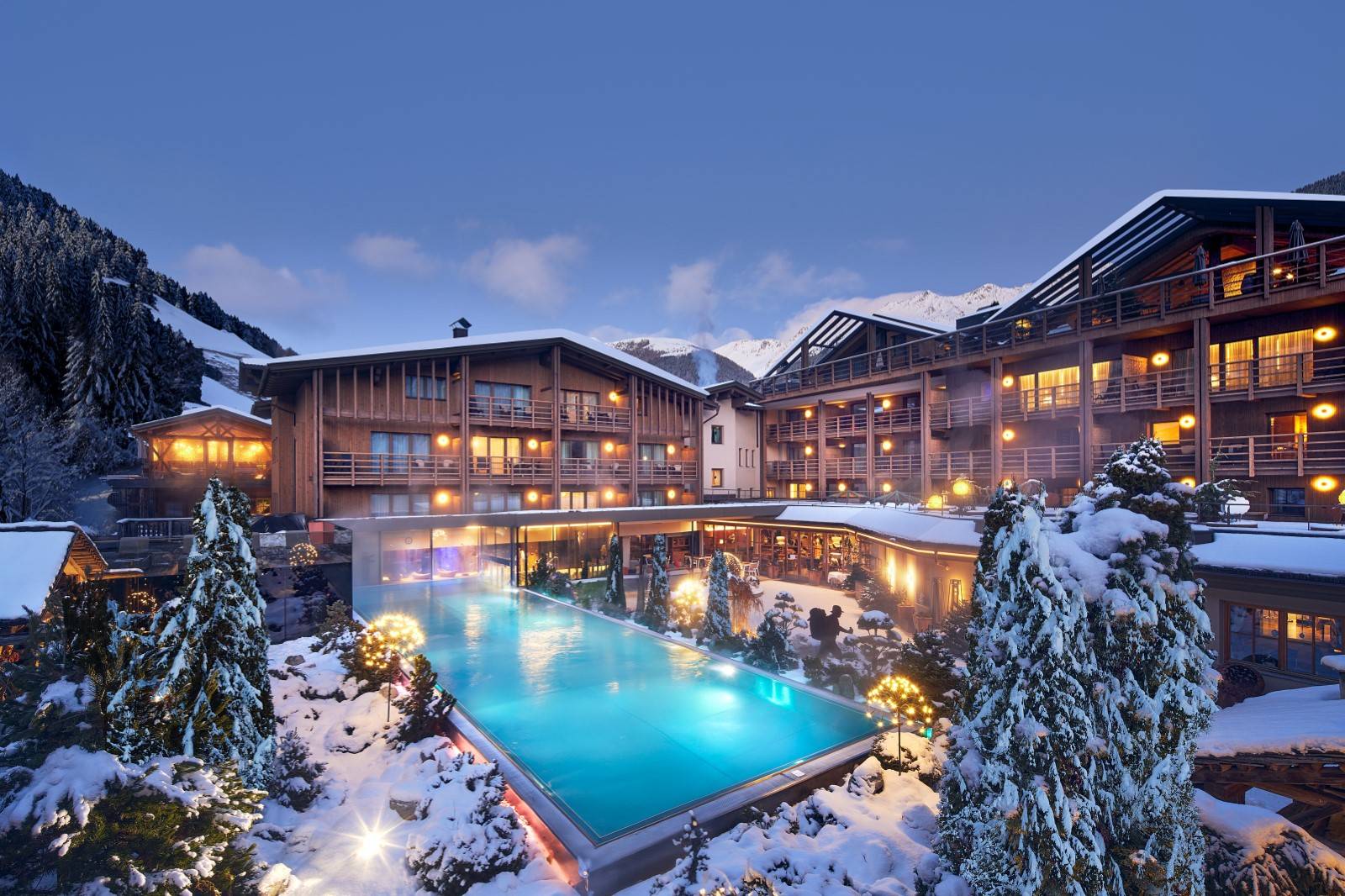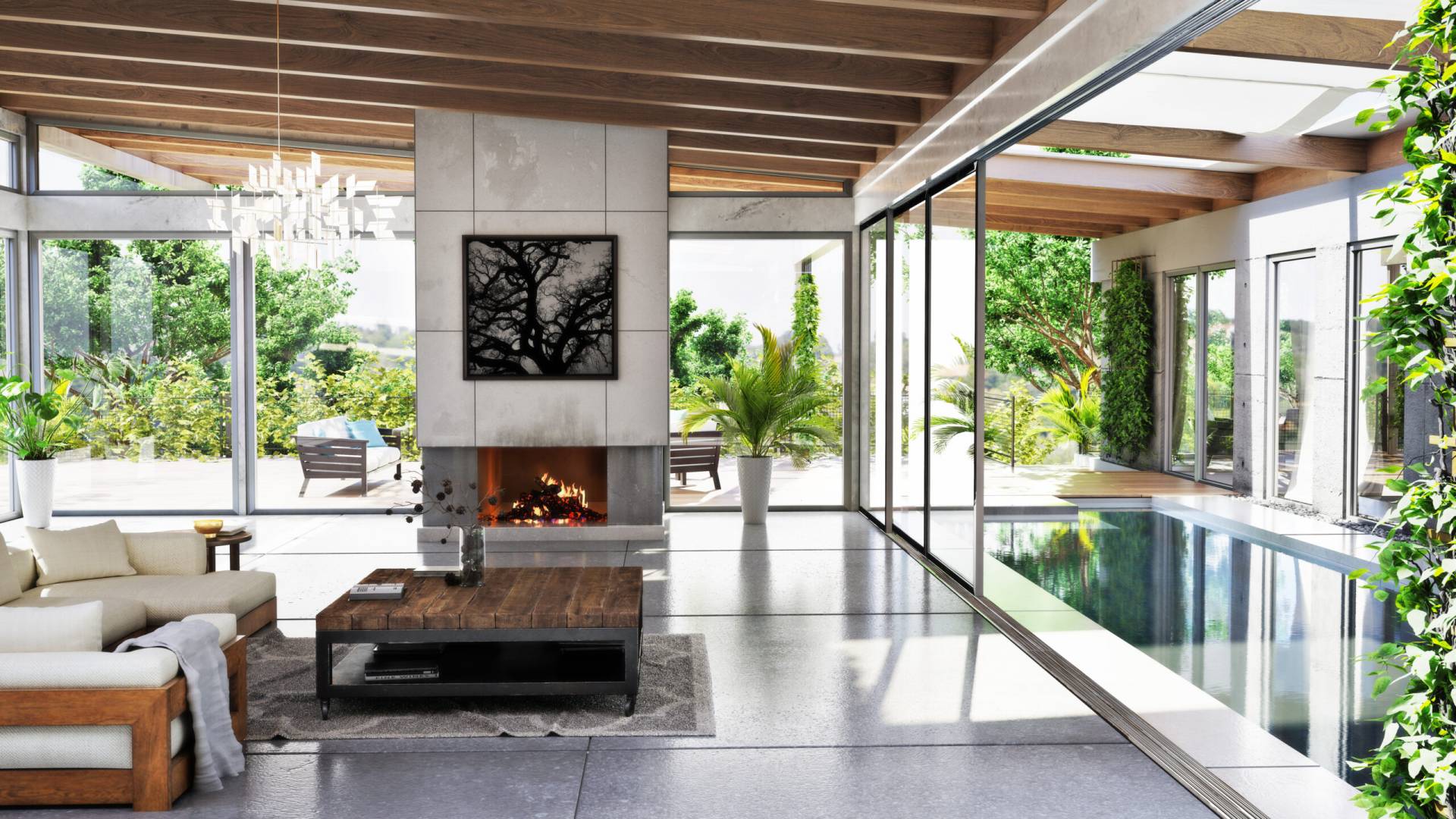For agents, “it’s no longer enough just to be a local expert, they have to have global knowledge as well. Most of the affluent are looking to see what is happening in the global market. But it’s also who agents are bringing to look at the home,” says Anne Miller, director of business alliances for RE/MAX.
At LuxuryRealEstate.com’s fall conference, comments about local markets were all positive, something Publisher John Brian Losh says usually doesn’t happen. “Prices are directly related to the economy and consumer confidence, and right now consumer confidence is high,” he says.
More than consumer confidence is bolstering luxury sales. Adding to demand are the growth of wealth in the U.S. and worldwide, a surge in the stock market, and a rise in foreign buying of U.S. properties. There are few, if any, indications this will change in the immediate future. Paul Boomsma, president of Luxury Portfolio International, explains: “Our white paper and our global survey show a lot of interest from buyers, not only for this year but over the next two years. There is more interest on the buy side than the sell side, and that is consistent among the high end, and it extends to 17 different countries. There is a lot of interest and not just in U.S. properties.”
Purchases of U.S. properties from foreign buyers surged from $102 billion to $153 billion in the year ending March 2017, accounting for 10 percent of dollar volume of sales. “Foreign buyers generally see the U.S. as a safe haven for investment,” says Bob Hurwitz, founder and CEO of The Hurwitz James Company, whose current clients include mega affluent buyers from Turkey, Singapore, China and Ukraine looking buy in price ranges of $20 million and up. “In a couple of cases this includes multiple properties, including commercial and development not exclusive to California,” he adds.
While most markets sizzle, the high end in some locations and price brackets is back to a slow simmer. “I already see a softening in the luxury home market with a growing inventory and properties on the very high end sitting on the market. An excess of new construction, with major homes that have been enthusiastically designed and under construction when the market was hotter, are now coming on to the scene in a different paradigm,” says Hurwitz. “Prices have already adjusted, and as developers and luxury home builders start having homes sit on the market, there will be opportunities to make good buys.”
“In the ultra high end, I think prices are being adjusted to the economy,” says Losh, noting a common issue with ultra properties. Often sellers price the home at the highest price they ever imaged. After a couple of years, they get realistic. “What really determines value is what it cost to replace a property,” he says.
The ultra high end may be cooling, but, Hogan says, the luxury market is healthy. “The $1-to-3 million, $3-to-5 million and $5-to-9.9 million sectors are strong. Not in every city but as a whole, based on our year-to-date numbers. I honestly feel that we are simply normalizing.”
“We are seeing some moderating trends in the luxury space,” says Akers. Downward price adjustments and longer days on market are signs that luxury is moving toward a more balanced market. Still, she adds, “Truly unique properties still command top dollar and cash offers.”
It would seem that the performance of the stock market might discourage real estate investment. Instead, Marci Rossell, chief economist for Leading Real Estate Companies of the World, says it has an opposite effect. “For the luxury buyer, real estate is part of a larger portfolio and portfolios have swelled in terms of stock market value over the last two years. So, from the perspective of balancing a portfolio, real estate can look attractive.” The most influential trend for 2018, particularly the high end, is new consumer attitudes. “Across all price points, the word value is critical today,” says Ramirez. “Value to a $1 million buyer and a $600,000 buyer is not the same, but both want the perception of value.”
Consumers have become even more demanding. “There is a desire for perfection. They want a property or an experience to be exactly what they want it to be. There is no desire for compromise,” says Hartley.
